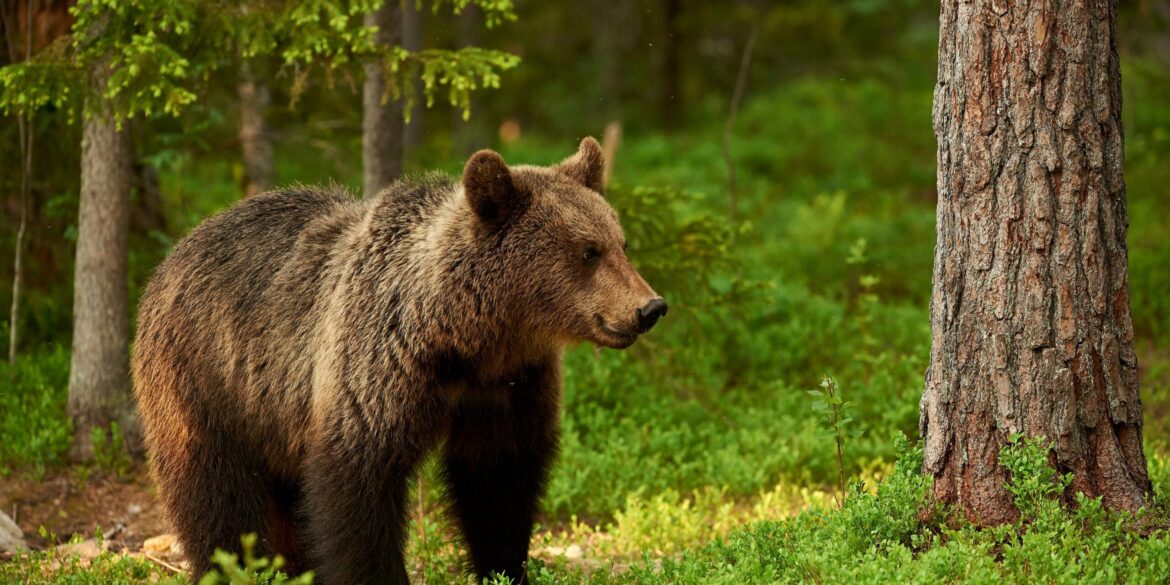The Florida Fish and Wildlife Conservation Commission (FWC) has approved the state’s first black bear hunt in over a decade, authorizing a three-week hunt with a quota of up to 187 bears. This controversial decision follows increasing human-bear encounters and Florida’s first confirmed fatal bear attack in May 2025, sparking widespread debate among conservationists, hunters, and the public.
Background: Florida’s Black Bear Population and Conservation Efforts
Florida’s black bear population, estimated at around 4,050, has grown steadily due to conservation efforts dating back to the 1970s. The species had faced near extinction by the mid-20th century due to habitat loss and hunting. Protective measures, including habitat preservation and hunting bans, helped stabilize and increase bear numbers over the decades.
However, the state’s rapid human population growth and urban sprawl have resulted in increased bear encounters, property damage, and safety concerns. These developments have led state officials to consider population management tools, including regulated hunting.
Details of the Upcoming Hunt
The approved hunt will last up to three weeks and is set to take place in designated bear management units across northern and central Florida. The quota allows for 187 bears to be harvested using permitted methods, including baiting and hunting with dogs, techniques that have proven effective but remain controversial.
Hunters must report kills immediately to FWC, and strict regulations will monitor compliance and ensure the quota is not exceeded.
Public Opposition and Ethical Concerns
Despite official backing, the hunt has faced fierce opposition from animal welfare advocates, environmentalists, and many members of the public. At a recent FWC meeting, 168 of 181 public speakers voiced disapproval, emphasizing concerns over the ethics of hunting methods and the potential killing of cubs and females nursing young.
Opponents argue that the hunt is excessively aggressive and advocate for non-lethal strategies such as public education, bear-proof trash containers, and habitat coexistence measures. They warn that hunting may disrupt bear social structures and could lead to unintended ecological consequences.
Supporters’ Perspective
Proponents, including many hunters and some wildlife biologists, argue that controlled hunting is a necessary and scientifically justified method for reducing bear-human conflicts. They highlight the increased number of bear sightings near residential areas and the recent fatal attack as evidence of a growing problem.
They assert that the hunt will help manage the population sustainably while preserving hunting traditions and providing conservation funding through license fees.
Historical Context: The 2015 Florida Black Bear Hunt
This is Florida’s first black bear hunt since 2015, a hunt that remains controversial due to the rapid and extensive kill of 304 bears, including cubs and nursing females, within 48 hours. That hunt was criticized for being poorly regulated and overly aggressive, leaving lasting scars in public opinion and wildlife management policy.
FWC has stated that the current hunt will be more strictly regulated, with lower quotas and improved monitoring to prevent such outcomes.
Wider Implications for Wildlife Management
The black bear hunt reflects broader challenges in managing wildlife populations in rapidly urbanizing states. Balancing ecological conservation with human safety, property protection, and ethical considerations is complex.
Florida’s experience serves as a case study for other states grappling with similar issues involving large carnivores and expanding human populations.
Community Reactions and Future Outlook
Public response has been deeply divided. Some residents in bear-prone areas support the hunt as a pragmatic solution, while others fear that lethal methods undermine conservation achievements.
The debate underscores the need for ongoing public engagement, scientific research, and development of coexistence strategies that reduce conflict without resorting to aggressive hunting.
Summary:
- Florida approves a three-week black bear hunt with a quota of 187 bears.
- Decision follows a recent fatal bear attack and increasing bear-human conflicts.
- Hunting methods, including baiting and dogs, remain controversial.
- Public opposition emphasizes ethics and non-lethal alternatives.
- Supporters argue for population control and conflict mitigation.
- The 2015 hunt remains a cautionary example.
- Wildlife management in urbanizing areas faces complex challenges.

